Comprehensive Guide to 2003 VW Jetta Repairs
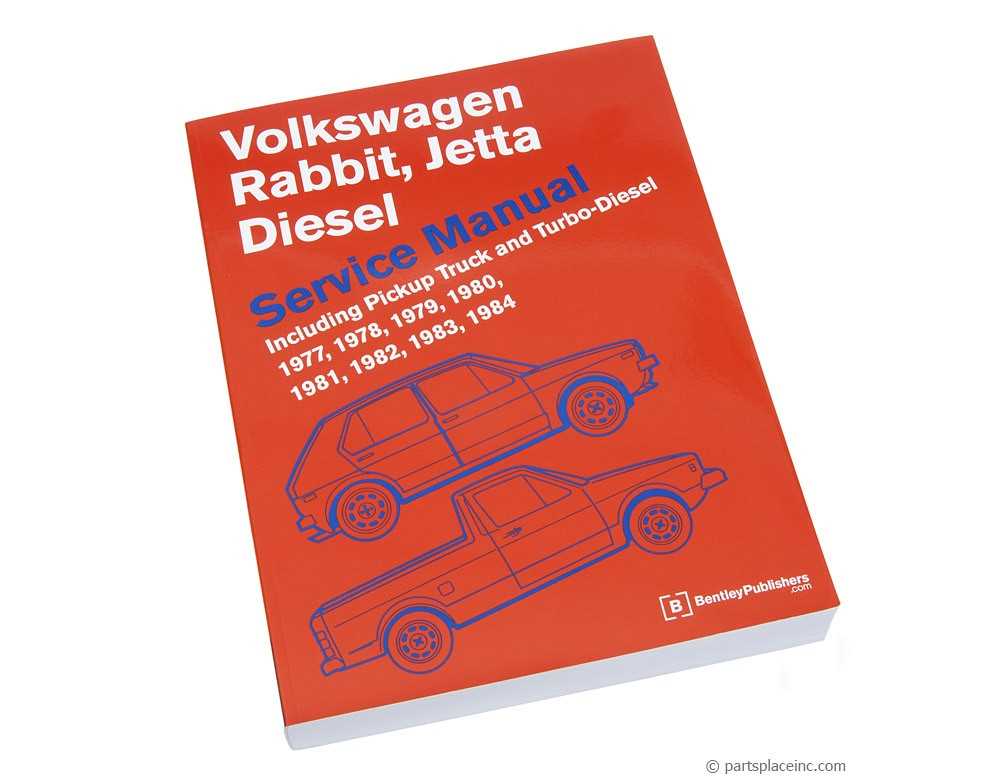
Understanding the intricacies of automotive upkeep is essential for any car owner. This resource aims to provide invaluable insights into the procedures and practices that enhance vehicle longevity and performance. By following detailed guidelines, individuals can ensure their automobiles operate smoothly and efficiently.
In this section, you will discover essential tips and techniques for troubleshooting common issues, performing regular inspections, and carrying out necessary adjustments. Knowledge of these aspects not only empowers drivers but also fosters a deeper appreciation for their vehicles.
Equipped with the right information, anyone can confidently tackle various maintenance tasks. Whether you’re a novice or an experienced enthusiast, this guide serves as a vital tool in navigating the world of automotive care.
This section will provide a comprehensive examination of a popular compact vehicle known for its blend of performance, comfort, and practicality. Understanding the characteristics of this model can help owners appreciate its design and functionality, enhancing their overall driving experience.
| Feature | Description |
|---|---|
| Engine Options | Various configurations offering a balance between efficiency and power. |
| Interior Comfort | Well-designed cabin space with user-friendly features and quality materials. |
| Safety Ratings | High marks in safety tests, making it a reliable choice for families. |
| Fuel Efficiency | Competitive mileage that suits both city and highway driving. |
By exploring these aspects, owners can gain valuable insights into the vehicle’s capabilities and maintenance needs, ensuring optimal performance and longevity.
Common Issues Faced by Owners

Vehicle owners often encounter a range of challenges that can impact performance and reliability. Understanding these frequent complications can help in addressing them promptly and effectively.
Electrical Problems

One of the most prevalent issues pertains to the electrical system. Owners frequently report problems with lighting and battery drainage. Addressing these concerns early can prevent more significant breakdowns.
Engine Performance
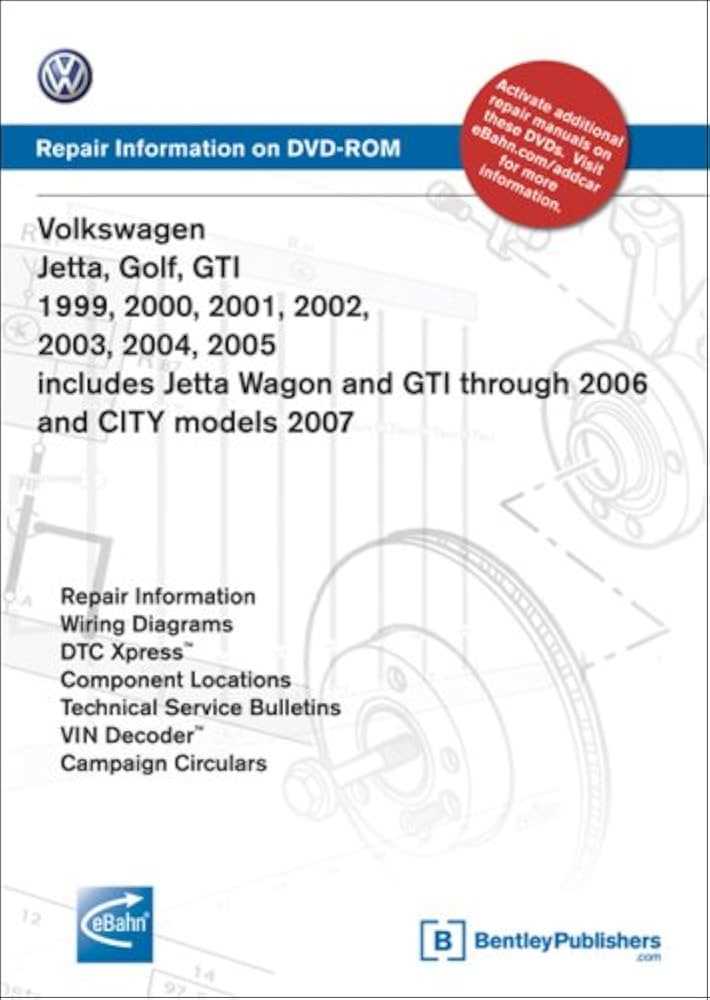
Another common challenge involves engine functionality. Irregular idling, reduced power, and fuel inefficiency are typical symptoms that require attention. Regular maintenance can mitigate these issues.
| Issue | Symptoms | Potential Solutions |
|---|---|---|
| Battery Drain | Dim lights, failure to start | Check alternator, replace battery |
| Rough Idling | Unstable engine speed | Inspect spark plugs, clean fuel injectors |
| Poor Fuel Economy | Frequent refueling | Regular tune-ups, check air filters |
Step-by-Step Maintenance Procedures
Regular upkeep is essential for ensuring optimal performance and longevity of your vehicle. Following a structured approach allows for systematic evaluation and care, helping to identify potential issues before they become significant problems.
Here’s a detailed outline of typical maintenance tasks:
-
Check Engine Oil:
- Locate the dipstick and remove it.
- Wipe it clean, then reinsert and remove again to check the oil level.
- Add oil if necessary, ensuring it meets the specified grade.
-
Inspect Tire Pressure:
- Use a tire pressure gauge to check all tires.
- Inflate to the recommended pressure if any tire is low.
- Examine tread depth for wear and replace if necessary.
-
Replace Air Filter:
- Open the hood and locate the air filter housing.
- Remove the old filter and clean the housing.
- Insert the new filter, ensuring it fits securely.
-
Examine Brake Components:
- Inspect brake pads for thickness and wear.
- Check brake fluid level in the reservoir.
- Replace pads or fluid as needed for safe operation.
Adhering to these steps will help maintain your vehicle’s performance and safety, ensuring a smooth driving experience for years to come.
Tools Needed for Repairs
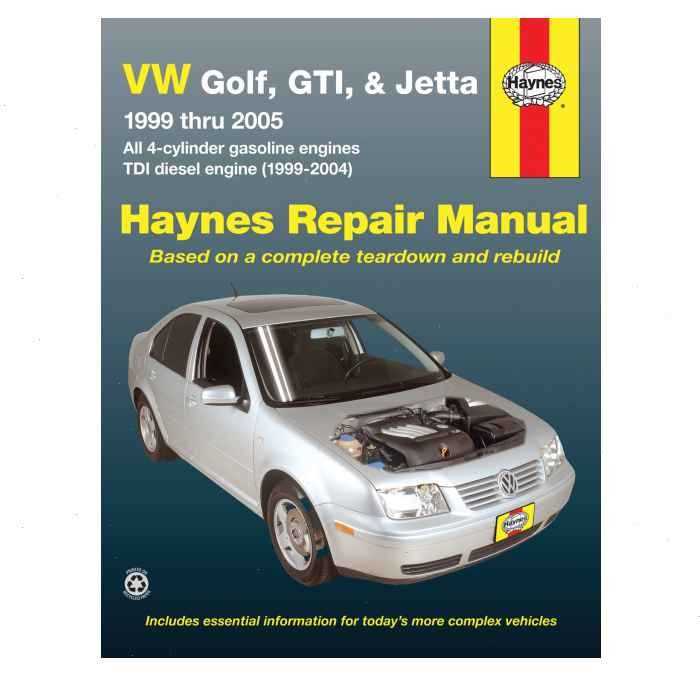
Having the right equipment is essential for successfully tackling maintenance and restoration tasks. Proper tools not only ensure efficiency but also enhance safety during the process. Below are some common instruments that are typically required for various fixes and upgrades.
Wrenches and Sockets: A set of metric wrenches and sockets is fundamental for loosening and tightening bolts. Adjustable wrenches can also be handy for different sizes of fasteners.
Screwdrivers: Both flathead and Phillips screwdrivers are vital for accessing panels and components. Having a variety of sizes will facilitate working in tight spaces.
Jack and Stands: A reliable jack is crucial for lifting the vehicle, while jack stands provide stability during work. This setup is necessary for tasks that involve undercarriage access.
Diagnostic Tools: Utilizing a scanner can help identify electronic issues by reading error codes, making it easier to address specific problems.
Safety Gear: Gloves, goggles, and protective clothing are important to ensure personal safety while working on any task. Proper attire minimizes the risk of injury from sharp edges or hazardous materials.
Electrical System Troubleshooting Guide
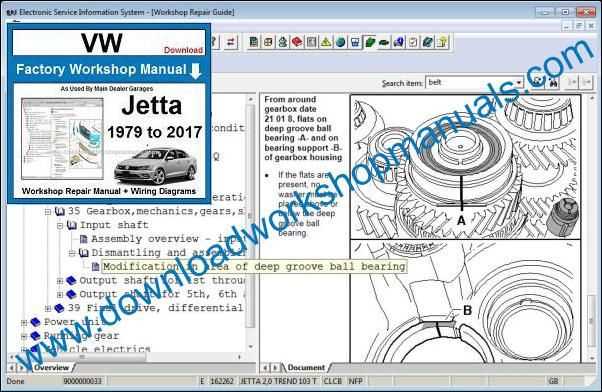
This section provides a comprehensive approach to diagnosing issues within the vehicle’s electrical framework. Understanding the intricacies of electrical components is crucial for efficient problem resolution.
Begin by identifying the symptoms that may indicate an electrical malfunction:
- Inconsistent starting of the engine
- Dim or flickering lights
- Unresponsive electrical accessories
- Blown fuses or tripped circuits
Follow these steps to systematically troubleshoot the electrical system:
- Inspect the Battery: Check for corrosion on terminals and ensure a secure connection.
- Test Voltage: Use a multimeter to measure battery voltage. It should be around 12.6 volts when fully charged.
- Examine Fuses: Locate the fuse box and inspect all fuses for continuity. Replace any that are blown.
- Assess Wiring: Look for damaged or frayed wires that may cause short circuits.
- Check Ground Connections: Ensure that all ground connections are clean and secure, as poor grounding can lead to various issues.
By following this guide, you can effectively identify and resolve electrical problems, ensuring optimal performance of the vehicle’s systems.
Engine Performance Enhancements
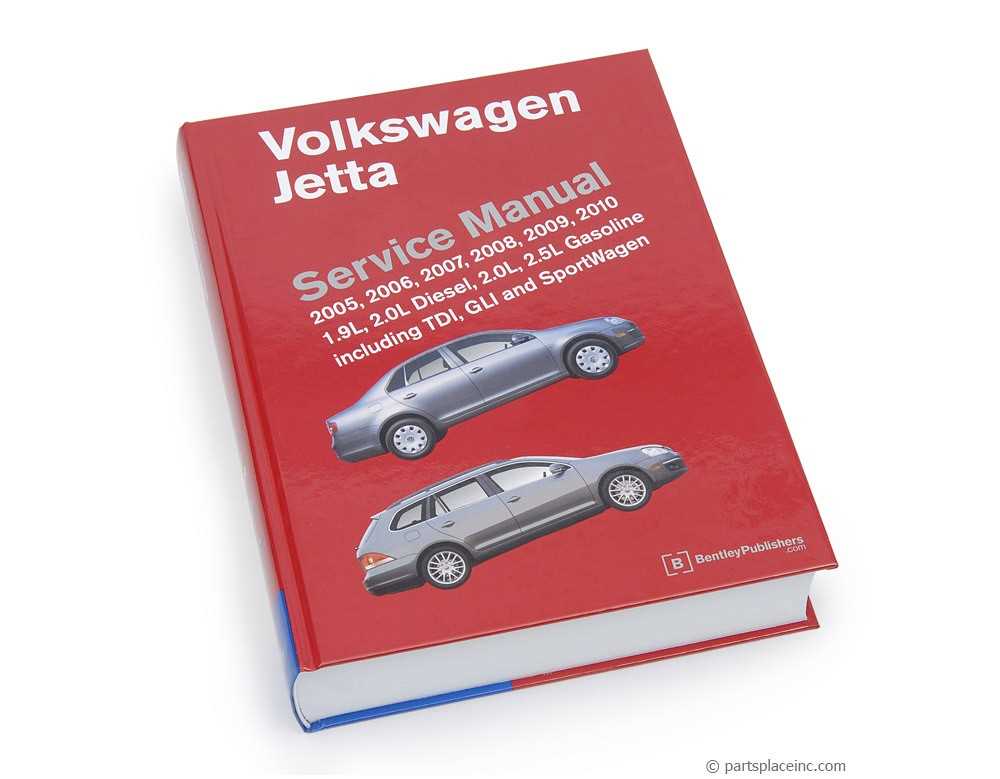
Improving the capabilities of an automobile’s power unit can lead to a more dynamic driving experience. Various modifications and upgrades can be implemented to boost efficiency, responsiveness, and overall performance. This section explores different strategies to enhance engine functionality.
Common Upgrade Options

There are several avenues to consider when aiming to elevate engine performance. Below are some popular enhancements that can be pursued:
| Modification | Description | Benefits |
|---|---|---|
| Cold Air Intake | Replaces the factory air intake system to allow cooler air into the engine. | Increases horsepower and torque by improving air flow. |
| Performance Exhaust System | Upgrades the exhaust system for better gas flow. | Enhances engine sound and can increase power output. |
| ECU Remapping | Reprogramming the engine control unit for optimized performance. | Improves throttle response and fuel efficiency. |
| Turbocharger Installation | Adds a turbocharger to force more air into the combustion chamber. | Significantly boosts power levels without increasing engine size. |
Considerations for Enhancements
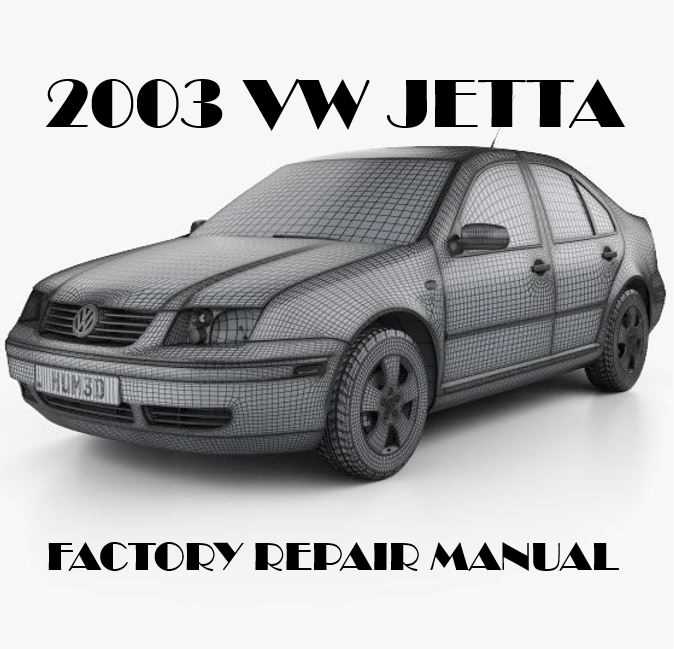
Before proceeding with any modifications, it is essential to consider the impact on reliability and warranty status. Ensuring that the vehicle can handle the increased performance is crucial, and consulting with professionals is often advisable.
Transmission Care and Solutions
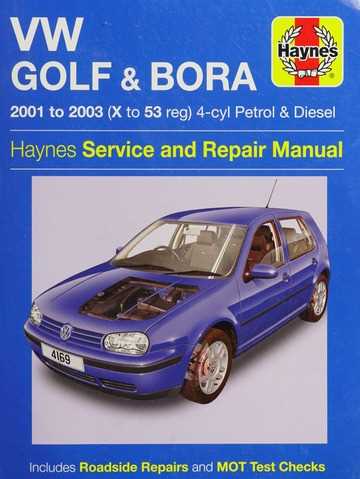
Maintaining the health of your vehicle’s transmission is crucial for ensuring optimal performance and longevity. Proper care involves regular checks, fluid replacements, and addressing issues promptly to prevent more significant problems down the line. This section outlines key practices for effective transmission management and common solutions for prevalent issues.
Routine Maintenance Practices
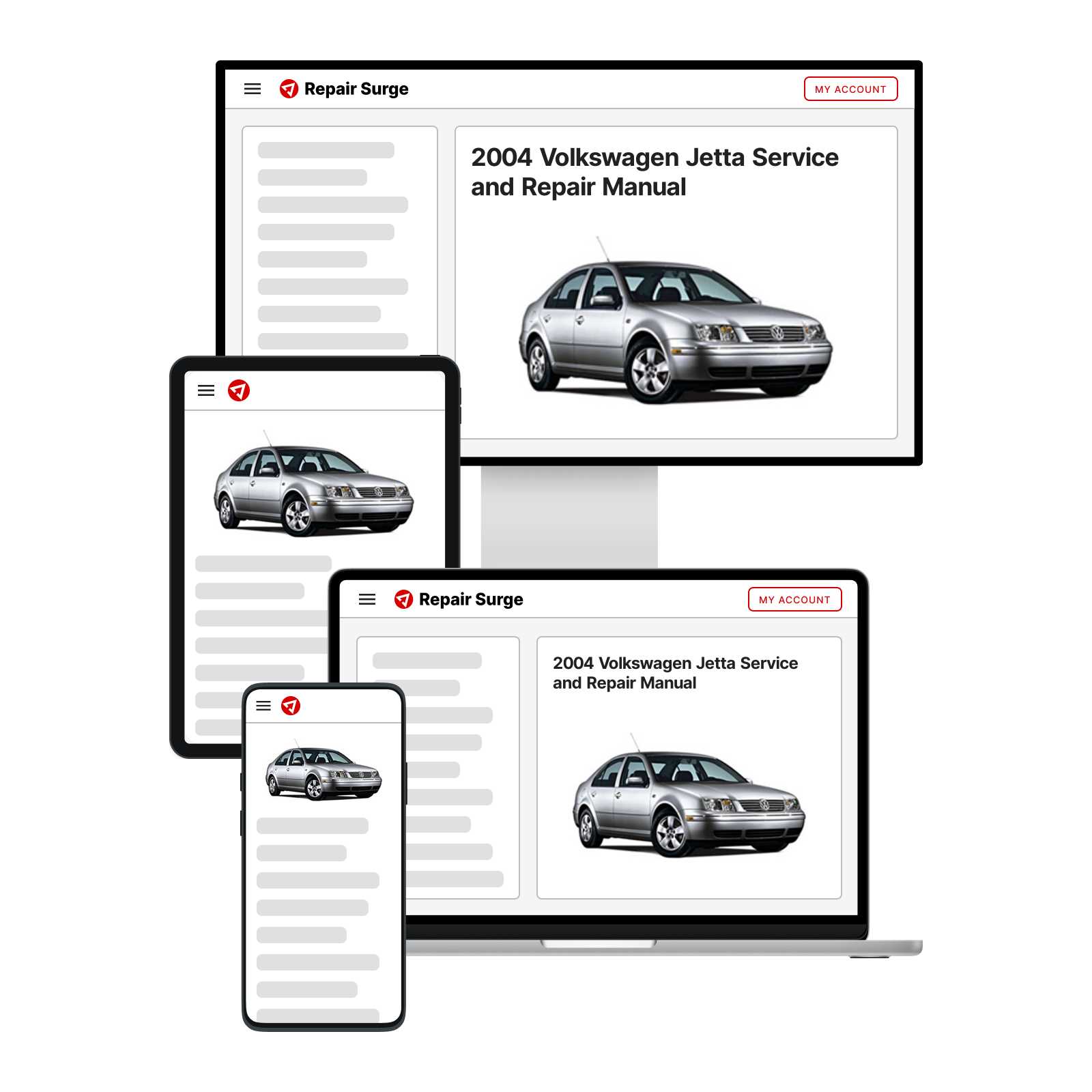
Regular maintenance is essential for keeping the transmission in good working order. Here are some recommended practices:
| Maintenance Task | Frequency | Description |
|---|---|---|
| Fluid Check | Monthly | Inspect the transmission fluid level and condition. Add fluid as needed and replace if it appears dirty or burnt. |
| Filter Replacement | Every 30,000 miles | Replace the transmission filter to ensure contaminants do not impede fluid flow. |
| Visual Inspection | Every 6 months | Check for leaks, wear, and any irregular sounds during operation. |
Common Issues and Solutions
Identifying and addressing common transmission issues can prevent costly repairs. Here are some prevalent problems and their solutions:
| Issue | Symptoms | Solution |
|---|---|---|
| Slipping Gears | Engine revs without acceleration | Check fluid level and condition; replace worn components if necessary. |
| Overheating | Unusual smells, warning lights | Ensure proper fluid levels; consider installing an external cooler. |
| Delayed Engagement | Delay when shifting into gear | Inspect the fluid and filter; address any leaks promptly. |
Brake System Inspection Techniques

Ensuring the optimal performance of a vehicle’s braking mechanism is crucial for safety and reliability. This section outlines various methods for examining the brake system, focusing on identifying wear, assessing components, and ensuring efficient operation. Regular inspections help prevent potential issues that could compromise performance.
Visual Inspection
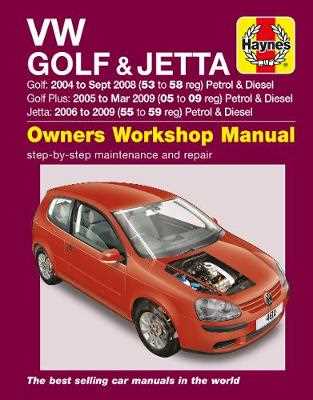
A thorough visual examination of the brake components can reveal signs of wear and tear. Look for any obvious damage, such as cracks in the pads, rust on the rotors, or leaks in the hydraulic lines. Checking the condition of the brake fluid reservoir and the presence of contaminants can also provide insights into the system’s overall health.
Measurement Techniques
Utilizing precise measurement tools is essential for evaluating the condition of brake components. Here are some key measurements to consider:
| Component | Measurement Tool | Recommended Specification |
|---|---|---|
| Brake Pads | Caliper Gauge | Minimum 3 mm thickness |
| Brake Rotors | Micrometer | Within manufacturer’s specifications |
| Brake Lines | Pressure Gauge | Operating within safe pressure range |
By employing these techniques, one can ensure the braking system operates effectively and safely, enhancing the overall driving experience.
Understanding the Cooling System
The cooling system plays a crucial role in maintaining optimal engine temperature, ensuring efficient performance and longevity. It prevents overheating, which can lead to significant damage and costly repairs. This section will delve into the essential components and functions of the cooling system, highlighting its importance in vehicle operation.
Key Components
- Radiator: Responsible for dissipating heat from the coolant.
- Water Pump: Circulates coolant throughout the engine and radiator.
- Thermostat: Regulates the flow of coolant based on temperature.
- Coolant: A mixture of water and antifreeze that absorbs heat.
- Cooling Fans: Help maintain airflow through the radiator when the vehicle is stationary or moving slowly.
Functionality Overview

The cooling system operates by circulating coolant through the engine, where it absorbs heat. The heated coolant then travels to the radiator, where it releases heat into the atmosphere. The thermostat monitors the engine temperature and opens or closes to control coolant flow, ensuring the engine remains within the desired temperature range. Proper maintenance of this system is essential for preventing overheating and ensuring optimal engine performance.
Guidelines for Tire Maintenance
Proper care and upkeep of your vehicle’s tires are essential for ensuring safety, performance, and longevity. Regular attention to tire condition and pressure can prevent premature wear and enhance fuel efficiency.
Regular Inspections
Conduct frequent checks on your tires to identify any signs of damage, such as cuts, bulges, or excessive wear. Visual inspections can help you spot issues early, allowing for timely interventions that can extend tire life.
Maintaining Proper Pressure

Keeping your tires inflated to the recommended pressure is crucial for optimal handling and fuel economy. Use a reliable gauge to monitor pressure, and adjust as necessary, especially with changing temperatures.
Safety Features and Recommendations
Ensuring the safety of passengers is paramount in any vehicle. This section explores essential safety characteristics and offers guidance for maintaining optimal protection while driving.
- Airbags: Equipped with multiple airbags to cushion occupants during a collision, these devices play a crucial role in minimizing injury.
- Anti-lock Braking System (ABS): This system prevents wheel lock-up during sudden braking, allowing for better control in emergency situations.
- Traction Control: Designed to enhance grip on slippery surfaces, this feature helps maintain stability during acceleration.
- Electronic Stability Control: This technology assists in preventing skidding and loss of control, especially in adverse weather conditions.
To maximize safety, regular inspections and maintenance are vital. Adhering to the following recommendations can significantly enhance the protective capabilities of the vehicle:
- Conduct routine checks on brakes and tires to ensure optimal performance.
- Stay updated with any software or system updates that may improve safety features.
- Use high-quality replacement parts when repairs are necessary.
- Always wear seat belts and ensure that all passengers do the same.
By following these guidelines and being aware of the built-in safety mechanisms, drivers can enjoy a safer experience on the road.